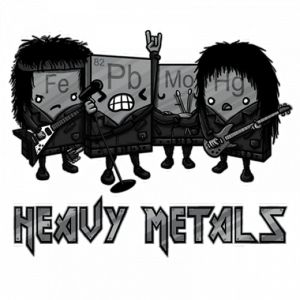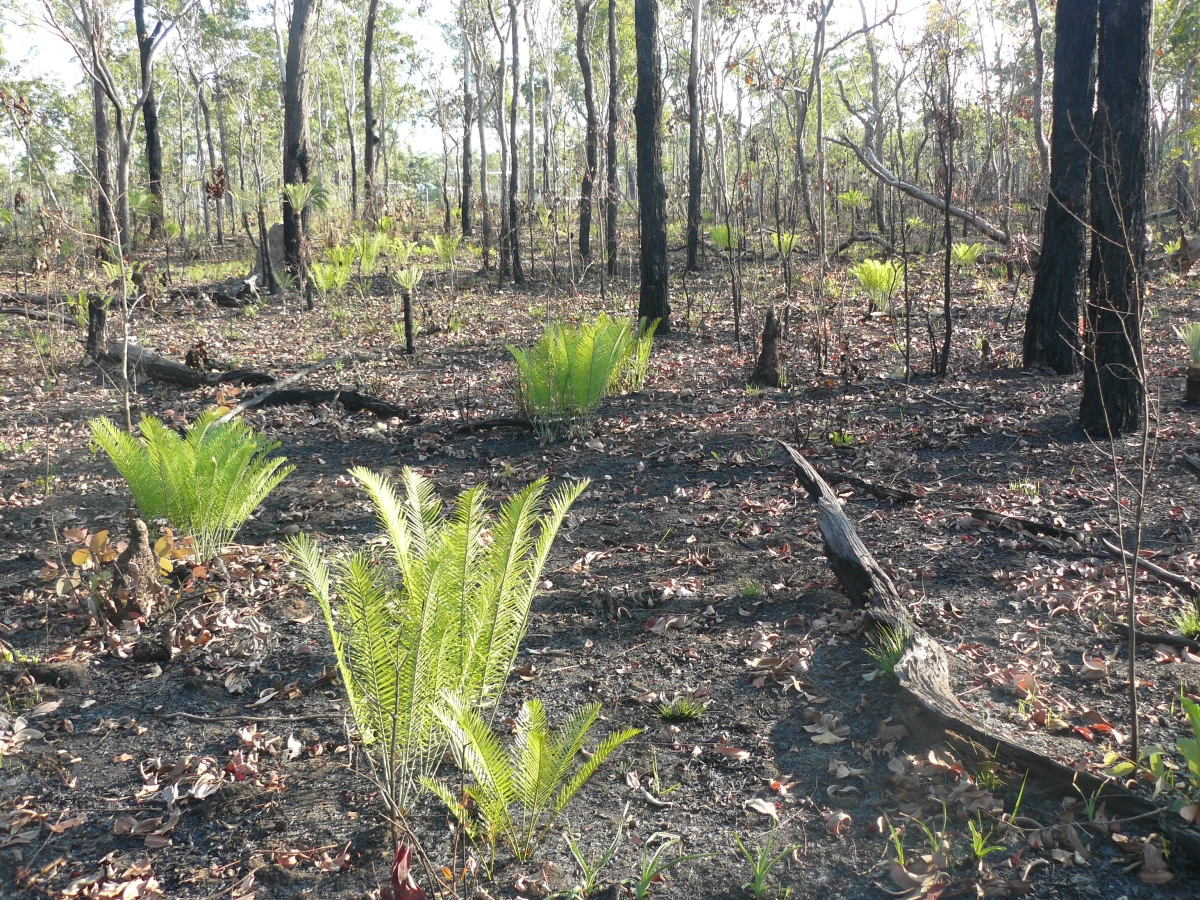 A modified excerpt from The Effective Scientist:
A modified excerpt from The Effective Scientist:
—
Many academic scientists end up asking themselves at some point why they should even bother.
The rewards of a career in academic science are trifling, and at times downright insulting. Universities and many other research organisations are notoriously badly run, flipping uncomfortably and with frustrating frequency between incompetence and overbearing corporatisation. Even if they were once scientists themselves, your administrators and managers will fail catastrophically to provide you with clear guidance regarding their capricious expectations.
You will be underpaid. You will work too much. You will have to fight for every scrap of recognition and freedom.
The majority of the students you teach will never even thank you for your efforts. You will also spend your life begging for money to do your research, and in these days of tenuous employment security, you will most likely spend much of your time practically begging to renew your own salary.
If your chosen scientific discipline has even a modicum of direct application, you will nearly always be frustrated by the lack of engagement with and recognition by business, politics, and society in general.
Not only will you be largely overlooked, you will more than likely be attacked by those who happen to disagree (ideologically) with your data. As a result, frustration and even depression are not uncommon states of being for many scientists who choose to engage (as they should) with the general public.
But I offer you this thought before you throw in the proverbial towel. Despite the bullshit of the daily grind, there is nothing quite as comforting as being aware that science is the only human endeavour that regularly attempts to reduce subjectivity. In the face of all posturing, manipulation, deceit, ulterior motives, and fanatical beliefs that go on every day around us, science remains the bedrock of society, and so despite most human beings being ignorant of its importance, or actively pursuing its demise, all human beings have benefitted from science. Read the rest of this entry »
 A take on a small section of my recent book,
A take on a small section of my recent book, 


